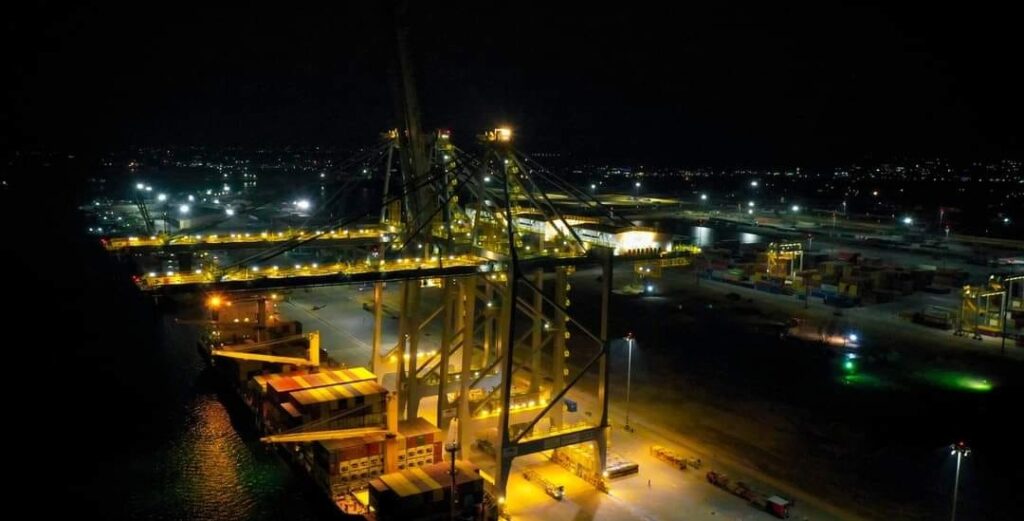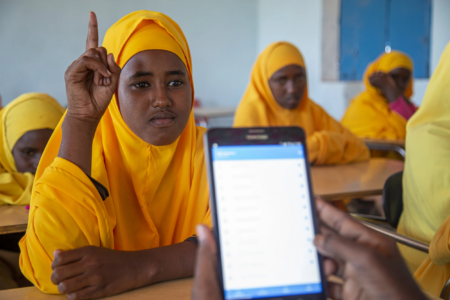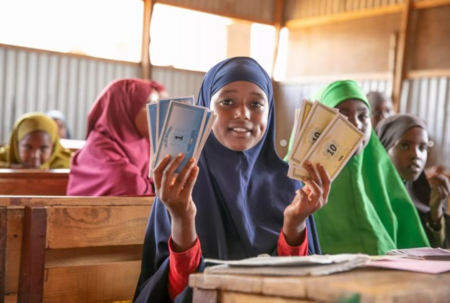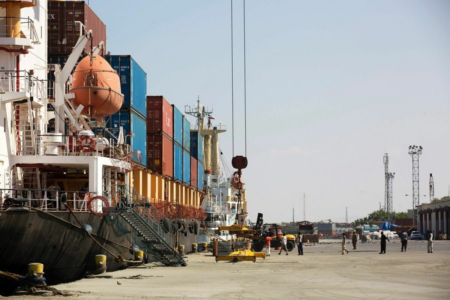In a bold move to reshape regional connectivity, the United Arab Emirates (UAE) has signed a landmark $3 billion investment agreement to construct Somaliland-Ethiopia Railway.
This high-capacity railway line is linking Berbera Port in Somaliland to Ethiopia.
Marking a strategic infrastructure project that will transform trade dynamics across the Horn of Africa, positioning the UAE as a key player in regional development.
Berbera-Ethiopia Railway Creates A Connection Between Ethiopia and the Red Sea
The railway will directly connect Berbera Port—a vital maritime hub on the Red Sea—with Ethiopia, a landlocked nation seeking reliable access to global markets.
According to reports, this initiative will:
- Enhance Ethiopia’s access to international shipping routes
- Strengthen Berbera’s role as a logistics and commercial center
- Support regional economic integration and cross-border infrastructure
Somaliland-Ethiopia Railway Makes New Growth in Somalia
1. Economic Growth and Port Expansion
The railway will boost Berbera Port’s throughput, turning it into a major logistics hub for East Africa.
Moreover, increased trade volume is expected to generate higher port revenues, stimulate local businesses, and attract foreign investment, especially in the Berbera Free Trade Zone.
2. Job Creation and Infrastructure Development
Construction and operation phases will create thousands of jobs in Somaliland, from skilled labor to logistics and administration, leading to urban development along the railway corridor and improving access to services and infrastructure.
3. Geopolitical Leverage and International Recognition
Somaliland’s role in hosting Somaliland-Ethiopia Railway strengthens its geopolitical relevance, especially in the Horn of Africa.
Adding that the UAE’s investment and DP World’s involvement may bolster Somaliland’s case for international recognition, as it demonstrates capacity for global partnerships.
4. Improved Regional Connectivity
The railway will offer alternative sea access for Ethiopia, reducing its dependency on Djibouti and enhancing regional trade integration.
This could position Somalia as a gateway for East African commerce, especially if future expansions connect Berbera to other Somali cities.
5. Security and Sovereignty Considerations
While the project promises economic benefits, it also raises questions about control over strategic assets, especially with foreign entities managing key infrastructure.
Somalia’s federal government may seek greater oversight or negotiation to ensure national interests are protected.
UAE’s Expanding Footprint in Africa
This investment reflects the UAE’s growing influence in Africa, particularly in strategic sectors like transport, logistics, and port development.
The project is backed by DP World, which previously expanded Berbera Port in 2021 with a $442 million upgrade, including a new container terminal capable of handling 500,000 containers annually.
Economic and Geopolitical Impact
Experts suggest that Berbera-Ethiopia Railway could redefine geopolitical alliances and trade routes in East Africa.
It fills a critical gap in Ethiopia’s infrastructure, offering a viable alternative to congested or politically sensitive corridors.
The initiative also aligns with the UAE’s broader vision to:
- Promote regional economic integration
- Strengthen logistics networks across Africa
- Enhance its strategic partnerships with emerging markets
Planning Underway, Construction to Follow
While construction has not yet begun, planning is actively underway.
American journalist David Green described the railway as a “lifeline” for Ethiopia and a “transformational artery” for trade in the region.
The project is expected to boost investment, create jobs, and reinforce the UAE’s reputation as a forward-thinking global investor.








